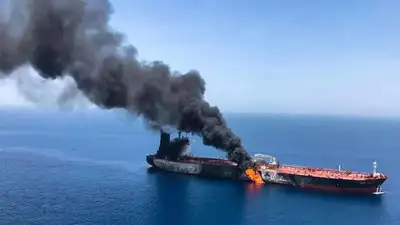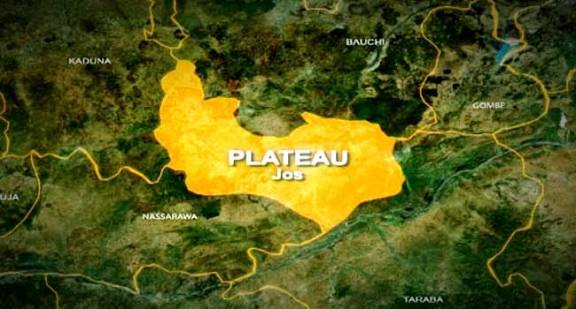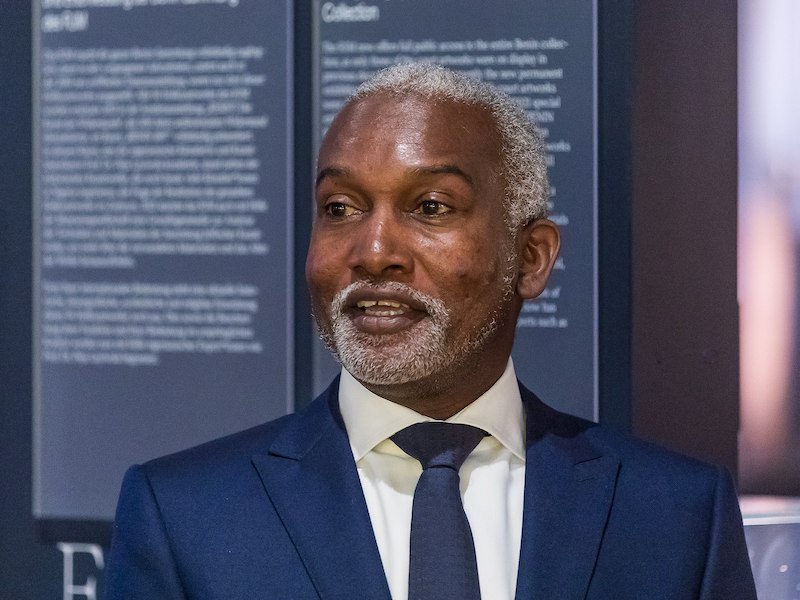Fuel queues returned to the Federal Capital Territory on Thursday as motorists spent hours at filling stations waiting to buy the Premium Motor Spirit also known as petrol.
This is the third time that Abuja, Nigeria’s political headquarters, will be experiencing gasoline scarcity in 2022.
There were long queues in most of the filling stations visited by The PUNCH on Thursday, but some were completely shut down without any word as to when they would re-open.
At NNPC Depot and Oando filling station at the Central Business District, motorists shared their harrowing experiences, flaying the Nigerian National Petroleum Corporation, NNPC, for struggling to provide the capital city with gasoline.
A motorist, who identified himself as Michael Kolawale, said he had been at Oando for over an hour and had lost appointments.
“I came here at 11.20am and I am still here at 12.30pm and it is not yet my turn. I have an office and every now and again, I spend hours just to buy fuel. My question is, why is Abuja, which is supposed to have free flow of fuel, experiencing scarcity most? Does it not show that the NNPC and the Federal Government are both failing?” he asked, rhetorically.
The queues were also seen at NIPCO filling stations located at Banex Plaza, Wuse. There were also long queues at A.A. Rano. AYM Shema and Afdin filling stations located at Katampe.
“The NNPC and the Federal Ministry of Petroleum Resources must take the blame because they are responsible for the provision of fuel in the country. If this is not happening in other states, then there is something that the NNPC and fuel marketers are not doing right and they must begin to change,” a businesswoman, Mrs Jenifer Oduola, told The PUNCH, while waiting to buy PMS at A.A Rano.
Another motorist, who simply gave his name as Haruna, wondered why the government had refused to deregulate the downstream sector.
“I started hearing about fuel scarcity during President Olusegun Obasanjo’s time as president. Obasanjo left power 15 years ago, yet we are still experiencing the same situation. Personally, I do not know why the government is paying lip service to deregulation of this sector because I know that if you deregulate it, we will always find fuel, though a higher cost,” he said.
Some of the filling stations only sold PMS through one or two pumps, thereby elongating waiting times spent by motorists.
With long queues across several filling stations, some motorists bought PMS from black marketers at N300 per litre.
The Nigerian government will pay N4tn this year to subsidise gasoline in Africa’s most populous nation. Subsidy payment has risen from N100bn budgeted in 2015 to N4 trillion proposed in 2022.
The petrol sector still operates under the command and rule system, where prices are fixed by the government, thereby distorting the market forces. Besides, Nigeria exports its crude and refines it abroad before re-importing it into Nigeria. Experts said this practice was unsustainable.
The Managing Director and Chief Executive Officer, 11 Plc, Tunji Oyebanji, said, “The market is experiencing what we call ‘uneasy calm’. So, what happens is, that you keep the price at N165 at major cities, but in other places, the price reflects the market. That is why you don’t get enough trucks to go to Abuja because the enforcement of N165 is very strong in those places. But if it is to go to Maiduguri, no problem finding trucks because prices will reflect the market,” he said.
A professor of Economics, Ken Ife, urged the Federal Government to list the NNPC at the stock to enable shareholders, rather than the government, take decisions on whether to continue paying subsidies or not.
The Lagos Chamber of Commerce and Industry, in one of its press releases, urged the Federal Government to deregulate the oil and gas industry to unlock jobs and investments in the sector.









